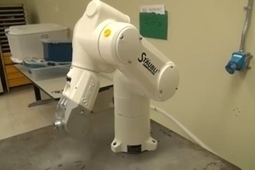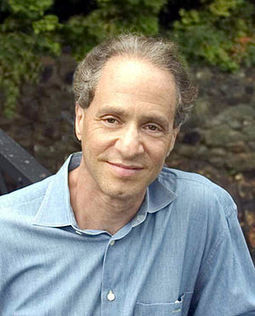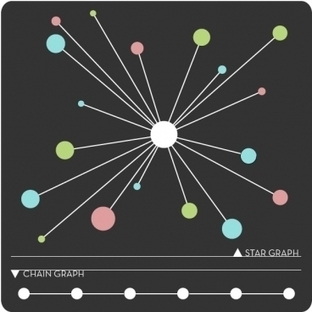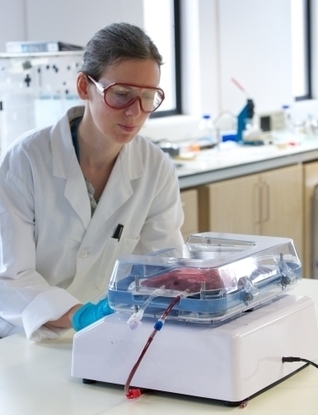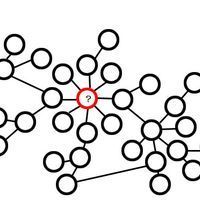(Reuters) - Patent expirations on big-name drugs such as Lipitor and Plavix has resulted in modestly less spending on medicines in the United States for the first time in at least 55 years, according to...
Research and publish the best content.
Get Started for FREE
Sign up with Facebook Sign up with X
I don't have a Facebook or a X account
Already have an account: Login
Live longer in good health and you will have a chance to extend your healthy life even further
Curated by
Ray and Terry's
 Your new post is loading... Your new post is loading...
 Your new post is loading... Your new post is loading...
|
|





